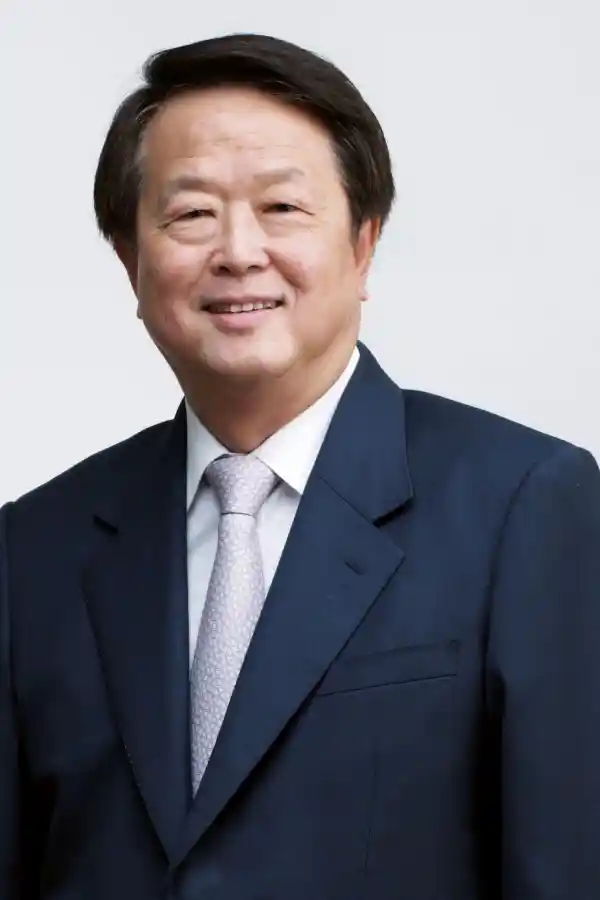Kuok Khoon Hong, widely known as Asia’s “Palm Oil King,” has solidified his control over Adani Wilmar Ltd (AWL) following the Adani Group’s strategic divestment. With the completion of the deal in July 2025, Wilmar International now holds a 64% majority stake, paving the way for accelerated growth in India’s consumer goods and agriculture sectors.
The Adani Group had initially announced its intention to exit the edible oil joint venture with Wilmar in December 2024, as part of a broader strategy to refocus its portfolio on core infrastructure sectors such as renewable energy, logistics, and transportation.

Kuok, 76, is the co-founder and CEO of Wilmar International, a $14.6 billion agribusiness conglomerate headquartered in Singapore. With over five decades of experience and a network of more than 300 subsidiaries and 92,000 employees worldwide, Kuok is poised to lead AWL into a new growth phase—this time, independently.
Kuok’s Empire at a Glance:
- Wilmar International is the world’s largest palm oil processor and trader.
- Owns extensive plantations in Malaysia, Indonesia, and Africa.
- Operates Yihai Kerry Arawana, a key China-based unit, which raised $2.1 billion in its 2020 IPO.
- Investments span real estate, including Yanlord Land and Perennial Real Estate Holdings.
- Developer of 1 Undershaft, one of London’s future tallest towers.
- Operational footprint includes Asia, China, Africa, and now an expanded presence in India.
Strategic Implications for India:
With full strategic control of AWL, Kuok plans to deepen Wilmar’s presence in India by focusing on:
- Expansion in packaged foods and branded FMCG products
- Greater penetration in rural India, offering value-added agri-products
- Growth in health-focused edible oils, cold chain, and agri-logistics
- Enhanced integration with Wilmar’s global supply chain and infrastructure
This transition marks a significant shift in AWL’s future direction, moving from a joint venture to a wholly international-led enterprise. It also reflects India’s growing appeal as a strategic market for global agri and FMCG players, especially as consumer demand rises and supply chains modernize.
Why Adani Divested:
Adani Group’s decision to exit the JV was driven by a focus on its core priorities—renewable energy, transport infrastructure, and logistics. The divestment not only allows capital reallocation but also streamlines operational focus across its high-growth verticals.
